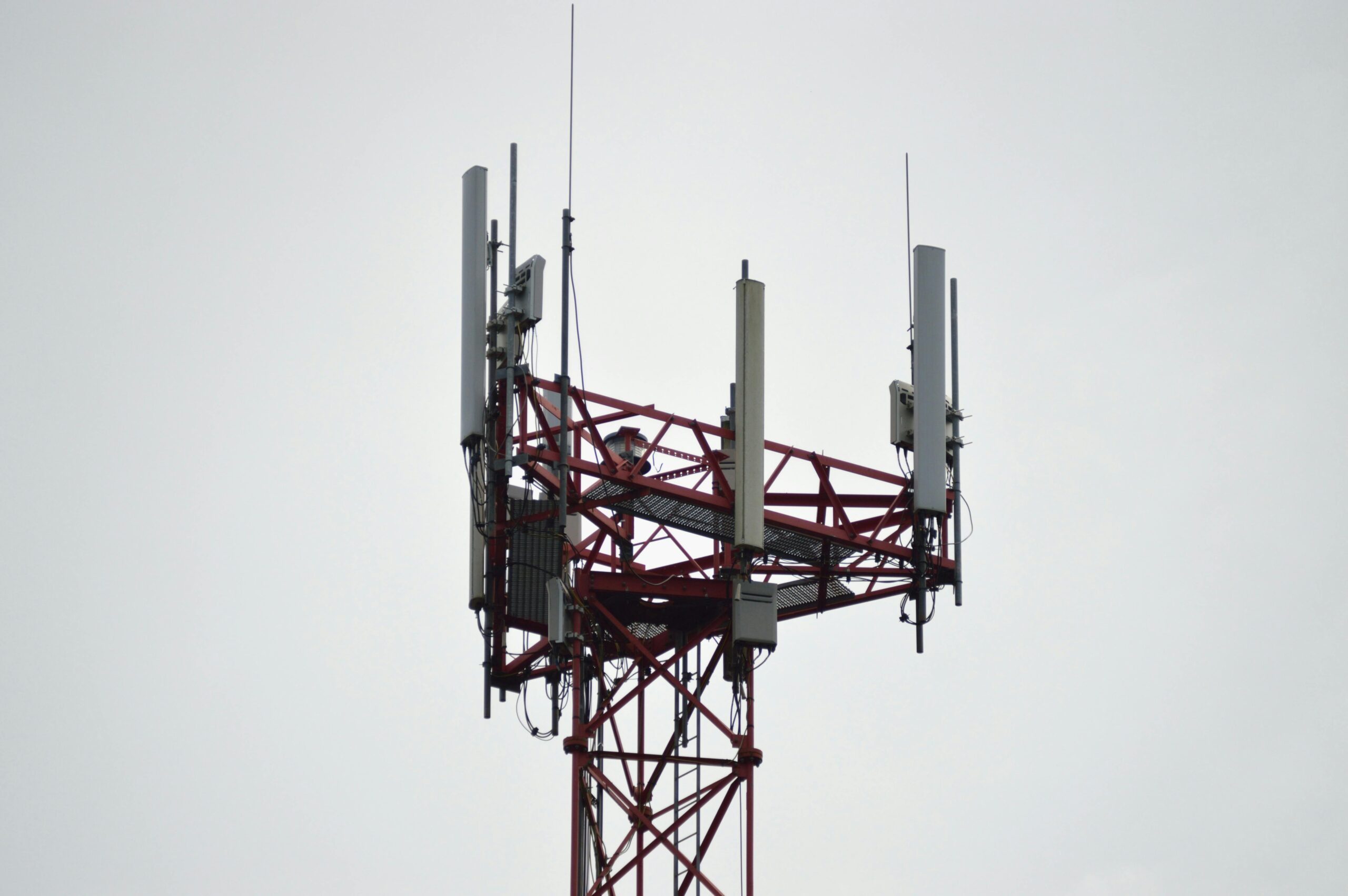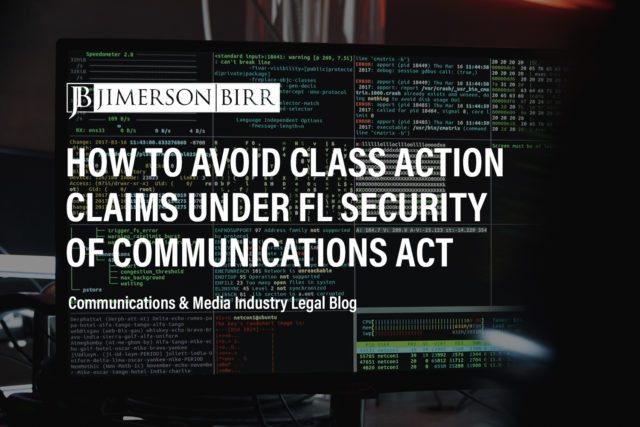How do wireless communications siting and development affect communications and media companies?
As the demand for wireless services continues to surge, communications and media companies must navigate the complexities of siting and developing wireless infrastructure to meet consumer needs. This involves deploying new cell towers, small cell facilities, and other wireless infrastructure to enhance network coverage and capacity, ensuring seamless connectivity for users across the state.
Secondly, the regulatory landscape governing wireless communications siting and development plays a crucial role in shaping business decisions. Companies must comply with a myriad of federal and state laws, regulations, and local ordinances governing the placement, construction, and operation of wireless facilities. Failure to adhere to these regulations can result in costly delays, fines, or legal disputes, impacting the company’s bottom line and reputation.
The rapid evolution of wireless technologies, such as 5G, presents both opportunities and challenges for communications and media companies. Embracing these advancements requires proactive planning and investment in infrastructure upgrades, spectrum acquisition, and technology deployment to remain competitive in the ever-changing market landscape.
Need help regarding wireless communications siting and development? Schedule your consultation today with a top communications and media attorney.
In Florida, which laws and regulations apply to wireless communications siting and development?
One key federal law that impacts wireless siting is the Telecommunications Act of 1996, which establishes a framework for the regulation of telecommunications services, including the siting of wireless facilities.
At the state level, Florida Statutes Chapter 337 addresses the regulation of public utilities and telecommunications services, including the siting and permitting of wireless facilities on public rights-of-way. Additionally, local governments may enact zoning ordinances and land use regulations to manage the placement and appearance of wireless facilities within their jurisdictions, subject to state and federal legal requirements.
Overall, a comprehensive understanding of federal, state, and local laws is essential for communications and media companies engaging in wireless communications siting and development in Florida, ensuring compliance with regulatory obligations and facilitating the efficient deployment of wireless infrastructure to meet growing consumer demands.
What are common issues regarding wireless communications siting or development that lead to litigation?
The following issues are among the most common in actions regarding wireless communications siting and development:
- Zoning and Land Use Regulations: Conflicts arise when businesses fail to adhere to local zoning ordinances or land use regulations, leading to disputes over the location and appearance of wireless facilities.
- Community Opposition: Opposition from local residents or community groups can result in litigation, particularly when businesses overlook community engagement or fail to address concerns related to aesthetics, property values, or health effects.
- Environmental Compliance: Failure to comply with environmental regulations, such as the National Environmental Policy Act (NEPA) or the Endangered Species Act (ESA), can lead to legal challenges and delays in project development.
- Permitting Delays: Businesses may face litigation due to delays in obtaining necessary permits or approvals from local authorities, often resulting from incomplete applications, inadequate documentation, or procedural errors.
- Interference and Nuisance Claims: Litigation may arise from claims of interference with neighboring properties or nuisance complaints related to noise, visual impact, or electromagnetic radiation emitted by wireless facilities.
We are value-based attorneys at Jimerson Birr, which means we look at each action with our clients from the point of view of costs and benefits while reducing liability. Then, based on our client’s objectives, we chart a path to seek appropriate remedies.
To determine whether your unique situation may necessitate litigation, please contact our office to set up your initial consultation.
What steps should businesses take to minimize the risk of litigation over wireless communications siting and development?
- Comprehensive Site Selection: Conduct thorough site assessments and due diligence to identify suitable locations for wireless facilities that comply with zoning regulations and minimize community opposition.
- Proactive Community Engagement: Engage with local stakeholders early in the planning process to address concerns, build consensus, and secure community support for proposed projects.
- Environmental Compliance: Ensure compliance with all environmental regulations by conducting environmental assessments, obtaining necessary permits, and implementing mitigation measures to minimize impacts on natural resources.
- Effective Permitting Strategies: Develop clear and comprehensive permitting strategies, including detailed applications, project timelines, and communication protocols with regulatory agencies to streamline the permitting process and avoid delays.
- Risk Mitigation Measures: Implement risk management strategies, such as insurance coverage, indemnification clauses, and dispute resolution mechanisms, to protect against potential litigation risks and liabilities.
- Legal Counsel: Seek legal advice from experienced attorneys specializing in wireless siting and development to navigate complex regulatory requirements, address legal challenges, and mitigate litigation risks effectively.
Frequently Asked Questions
Can businesses install wireless facilities without obtaining permits?
No, businesses must obtain the necessary permits and approvals from local authorities before installing wireless facilities to ensure compliance with zoning regulations and other legal requirements.
How long does the permitting process typically take for wireless siting projects?
The permitting process duration varies depending on various factors, including project complexity, regulatory requirements, and local government procedures. It can range from several weeks to several months.
What steps can businesses take to address community opposition to wireless siting projects?
Businesses can address community opposition by engaging with stakeholders, conducting outreach and education efforts, addressing concerns transparently, and offering community benefits or incentives.
Have more questions about a wireless communications siting or development-related situation?
Crucially, this overview of wireless communications siting and development does not begin to cover all the laws implicated by this issue or the factors that may compel the application of such laws. Every case is unique, and the laws can produce different outcomes depending on the individual circumstances.
Jimerson Birr attorneys guide our clients to help make informed decisions while ensuring their rights are respected and protected. Our lawyers are highly trained and experienced in the nuances of the law, so they can accurately interpret statutes and case law and holistically prepare individuals or companies for their legal endeavors. Through this intense personal investment and advocacy, our lawyers will help resolve the issue’s complicated legal problems efficiently and effectively.
Having a Jimerson Birr attorney on your side means securing a team of seasoned, multi-dimensional, cross-functional legal professionals. Whether it is a transaction, an operational issue, a regulatory challenge, or a contested legal predicament that may require court intervention, we remain tireless advocates at every step. Being a value-added law firm means putting the client at the forefront of everything we do. We use our experience to help our clients navigate even the most complex problems and come out the other side triumphant.
If you want to understand your case, the merits of your claim or defense, potential monetary awards, or the amount of exposure you face, you should speak with a qualified Jimerson Birr lawyer. Our experienced team of attorneys is here to help. Call Jimerson Birr at (904) 389-0050 or use the contact form to schedule a consultation.

We live by our 7 Superior Service Commitments
- Conferring Client-Defined Value
- Efficient and Cost-Effective
- Accessibility
- Delivering an Experience While Delivering Results
- Meaningful and Enduring Partnership
- Exceptional Communication Based Upon Listening
- Accountability to Goals











